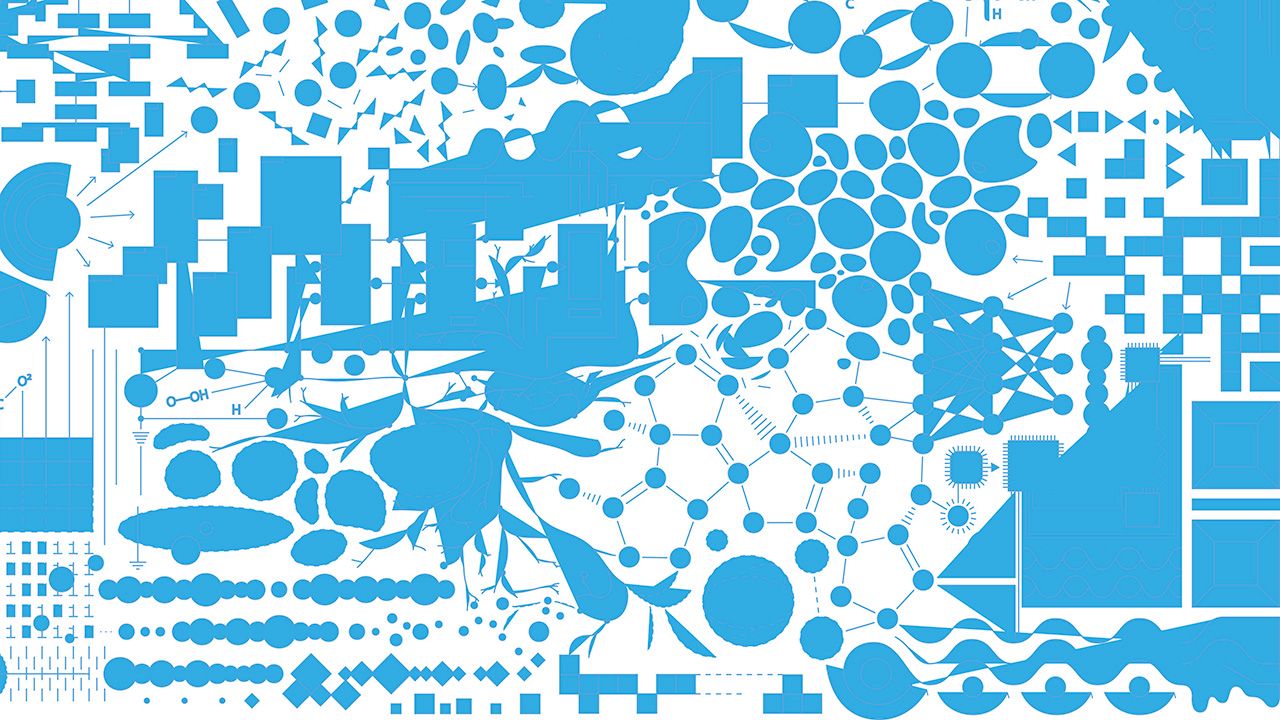
- This event has passed.
Workshop “Building on Models: Experiences from a Decade with the Microcircuit model”

Organizer: Hans Ekkehard Plesser
Computational neuroscience, the field dedicated to understanding brain function through modelling, is dominated by small ad hoc models of neuronal networks designed to explain individual research questions. Such models are frequently implemented in low-level programming languages (e.g. C++, Matlab, Python) and at best shared as collections of source code files. By their design these task-specific models fail to integrate knowledge across studies of multiple aspects of brain function. And even though publicly available, the nature of custom-written code presents significant hurdles to the re-use of model implementations by other scientists and collide with the aim of FAIRness in modelling.
A model of the cortical microcircuit published by Potjans and Diesmann (2014) took a very different approach. Building their model bottom-up based on a carefully documented analysis of existing anatomical and physiological data, P&D provided a carefully crafted model implementation executable on the domain-specific high-level simulation tool NEST and complemented it with thorough documentation on how to use the model. Indeed, P&D even created an additional implementation of the model in the PyNN language, so that the model can be executed automatically on a wide range of neuronal simulation tools, including on neuromorphic hardware systems.
Ten years have passed since the publication of the microcircuit model by Potjans and Diesmann, providing an excellent opportunity to take stock of how their focus on actively sharing their model and encouraging its re-use has been taken up by the scientific community and whether and how it has changed the culture of research in the field. While hundreds of publications have cited the P&D model and it has become an established standard for tests of both correctness and performance of neuromorphic systems, the tenth anniversary of the model also invites an analysis of why the approach to active model sharing and re-use still struggles to catch on in computational neuroscience.
If you would like to attend, please write a short email to events@khk.rwth-aachen.de.

